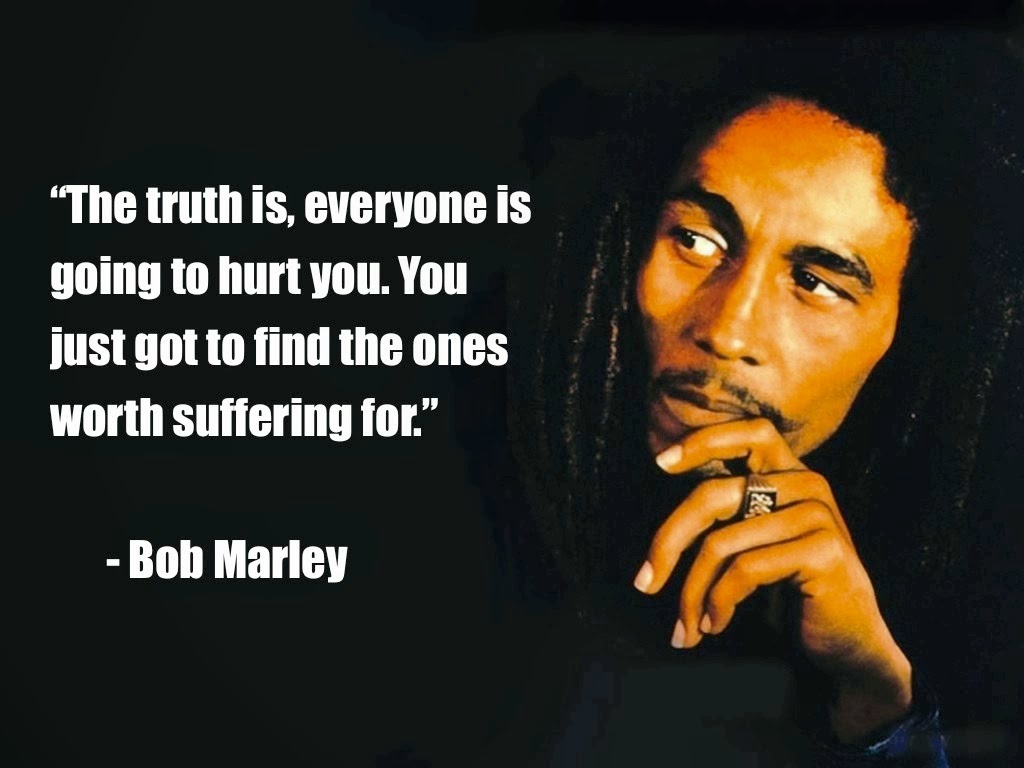Cultural exchange is an intricate phenomenon that embodies the sharing of ideas, customs, and traditions among different societies. This dynamic process not only enhances mutual understanding but also facilitates integration across diverse cultures. The essence of cultural exchange is illustrated vividly through memorable quotes that resonate with our collective experiences. These phrases encapsulate feelings and reflections that often resonate on a profound level.
One popular observation regarding cultural exchange is that it fosters empathy. Individuals who engage in cross-cultural interactions tend to develop a more nuanced understanding of the world. “The most beautiful thing about the world is that it is made of people with different cultures and ways of life.” This statement underlines the allure of diversity, emphasizing that varied backgrounds contribute to a richer global tapestry. Through the lens of different cultural perspectives, we can appreciate the multifaceted nature of human experiences.
Moreover, cultural exchanges contribute significantly to eradicating stereotypes. Quotes such as “We are more alike than different” encapsulate a fundamental truth. This assertion serves as a reminder that, despite our diverse upbringings and belief systems, at our core, we share common emotions, aspirations, and fears. This realization can act as a catalyst for deeper relationships, encouraging individuals to look beyond superficial differences.
Another pivotal aspect of cultural exchange is dialogue. Quotes spotlighting the importance of conversations in bridging gaps between cultures resonate deeply. “Every time we converse, we break down barriers,” denotes that communication is the bedrock of understanding. Through open dialogue, individuals can share their stories, traditions, and values, promoting collaboration and acceptance. As we engage in meaningful exchanges, we unravel the complexities of each culture, paving the way for cooperative initiatives.
Furthermore, cultural exchange stimulates creativity and innovation. Many thinkers have posited that exposure to diverse perspectives can lead to groundbreaking ideas. “Innovation thrives in a melting pot of cultures,” suggests that amalgamating different influences can yield unprecedented solutions in various fields, from arts to sciences. This cross-pollination of creativity enlivens societies, igniting imaginations and inspiring new ways of thinking.
However, it is crucial to approach cultural exchange with sensitivity and respect. Misappropriation or misunderstanding can lead to tensions and conflicts. The quote, “To understand is to be human,” reminds participants in cultural exchanges to be mindful and informed. Recognizing the context behind cultural expressions—be it art, cuisine, or language—is essential for fostering a respectful dialogue. This awareness ensures that exchanges honor the originators’ contributions while fostering genuine appreciation.
The profound nature of cultural exchange is further highlighted through anecdotes and historical references. Consider the Silk Road, which served as a vital artery connecting East and West, facilitating the exchange of not just goods but also ideas, philosophies, and religions. “Ancient roads led to modern understanding,” reflects the importance of historical cultural exchanges in shaping contemporary societies. This historical perspective underscores that the quest for knowledge and connection is timeless, urging modern societies to continue this legacy.
In today’s interconnected world, technology has transformed the dynamics of cultural exchange. Social media platforms enable instantaneous interactions, allowing individuals from disparate backgrounds to share their narratives and form relationships. “The world has become a global village,” encapsulates this phenomenon. While digital communication can enhance cultural understanding, it also necessitates vigilance against superficial engagements. Ensuring that online exchanges evolve into profound, meaningful connections remains paramount in this digital age.
The impact of cultural exchange is not limited to individuals; it extends to organizations and nations. Collaborative ventures—such as cultural festivals, academic exchanges, and artistic collaborations—exemplify the benefits of mutual sharing. “Integration leads to illumination,” speaks to the notion that potential synergies can be harnessed when diverse entities work collaboratively. Such partnerships foster not only cultural appreciation but also economic growth, innovation, and social cohesion.
Despite the myriad advantages, challenges remain. Nationalism and xenophobia often hinder authentic cultural exchange. Quotes addressing these barriers can be potent reminders of the work that lies ahead. “Fear of the unknown breeds misunderstanding,” highlights the necessity for education and exposure to different cultures as antidotes to prejudice. By confronting biases and cultivating open-mindedness, societies can foster environments conducive to flourishing cultural exchanges.
Finally, quotes about cultural exchange encapsulate the hope of a more interconnected world. “Unity in diversity” suggests that embracing our differences can strengthen communal bonds. As societies navigate the complexities of globalization, fostering environments that celebrate cultural exchanges becomes increasingly vital. Each quote serves as a beacon, inviting us to contribute actively to this enriching dialogue while embracing the humanity we share.
In conclusion, the exploration of cultural exchange through quotes provides profound insights into why this practice continues to fascinate and inspire. From fostering understanding and empathy to igniting creativity and innovation, the merits of cultural exchange are manifold. As we engage with one another, let the words we share become bridges to enlightenment, unity, and harmonious coexistence.
